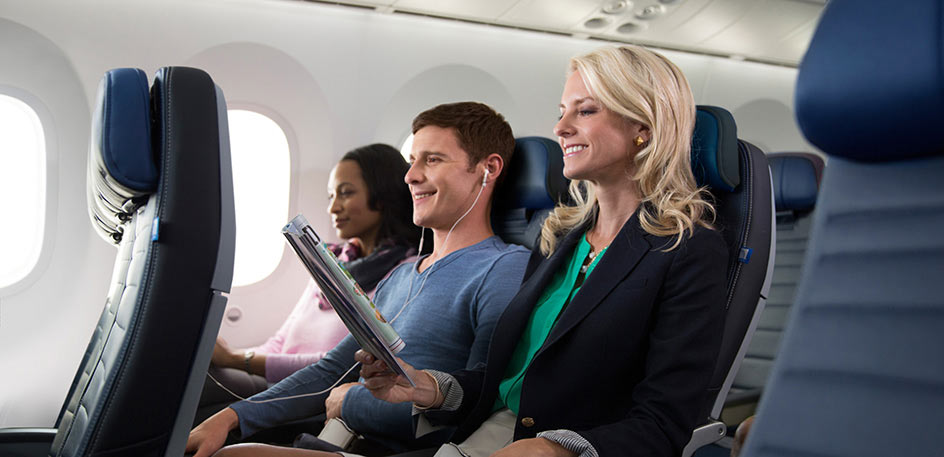From NPR —
Soaring demand from Americans for everything from iPads to cars is leading to a surge in freight crossing the Pacific, hitting business owners such as Nephew.
When the cargo with his games finally arrived on the West Coast, the container was immediately emptied so it could be sent back to China for another load.
The games then continued on to Minnesota by truck, rather than rail, which would have been more economical. The final shipping cost was about $12,000, at least 50% more than the game maker had budgeted.
We are getting a lesson in basic economics in real time. Businesses are trying to meet increased demand but there is a constraint on the supply (the shipping companies) and so things get delayed and prices go up. When we look at something like lumber, which is mostly produced domestically, those prices are finally starting to normalize as supply starts to meet demand.
Browsing Instagram or TikTok and you will see people blame increased prices on Biden or the global cabal but in reality the prices you are seeing in stores have little to nothing to do with who is in the oval office and more to do with basic economic principles. Another example is the basic issue of getting empty containers where they need to be to carry more cargo.
From Bloomberg —
First there were the queues at the twin ports of Los Angeles and Long Beach, which left as many as 40 container vessels awaiting a berth in early February amid a flood of traffic. Combined volumes at the terminals hit a record of 1.9 million containers in May, nearly double the Covid-19 low in March 2020.
Part of the problem has been that containers aren’t in the right places. In global terms, trade enjoyed a remarkably short and sharp pandemic. By September last year, volumes were already running ahead of their seasonally adjusted levels in January and February, as demand for medical equipment and spending on durable goods picked up in rich countries.
Trying to make all those deliveries on time meant that many vessels started making their return journeys empty, saving a few precious hours that would normally be spent picking up vacant boxes to ship back to China. That’s resulted in a glut of containers in European and North American ports and a shortage in Asia, pushing freight rates to astronomical levels on export routes.
Containers are sitting empty at ports around the world and can’t be shipped back because the ships are trying their best to keep up with demand. Add to this, there is not a huge demand for U.S. goods in places like China, there is no reason to ship back empty containers on these boats and return the containers to pick up more cargo. Some of the predictions are that this could take years to correct. The empty containers need to get back into a normal rotation which relies on demand to return in certain parts of the world and ships need to reposition to carry all of that cargo.
If there is one thing that COVID-19 has taught me, it’s that supply chains are fragile. Everyone saw the ‘Great Toilet Paper Shortage’ as a problem but what’s sitting in ports right now and the rates to ship goods around the world are the real issue. And the unfortunate reality is that there is no way to speed the process of recovery up for shippers. It will happen as demand returns.


